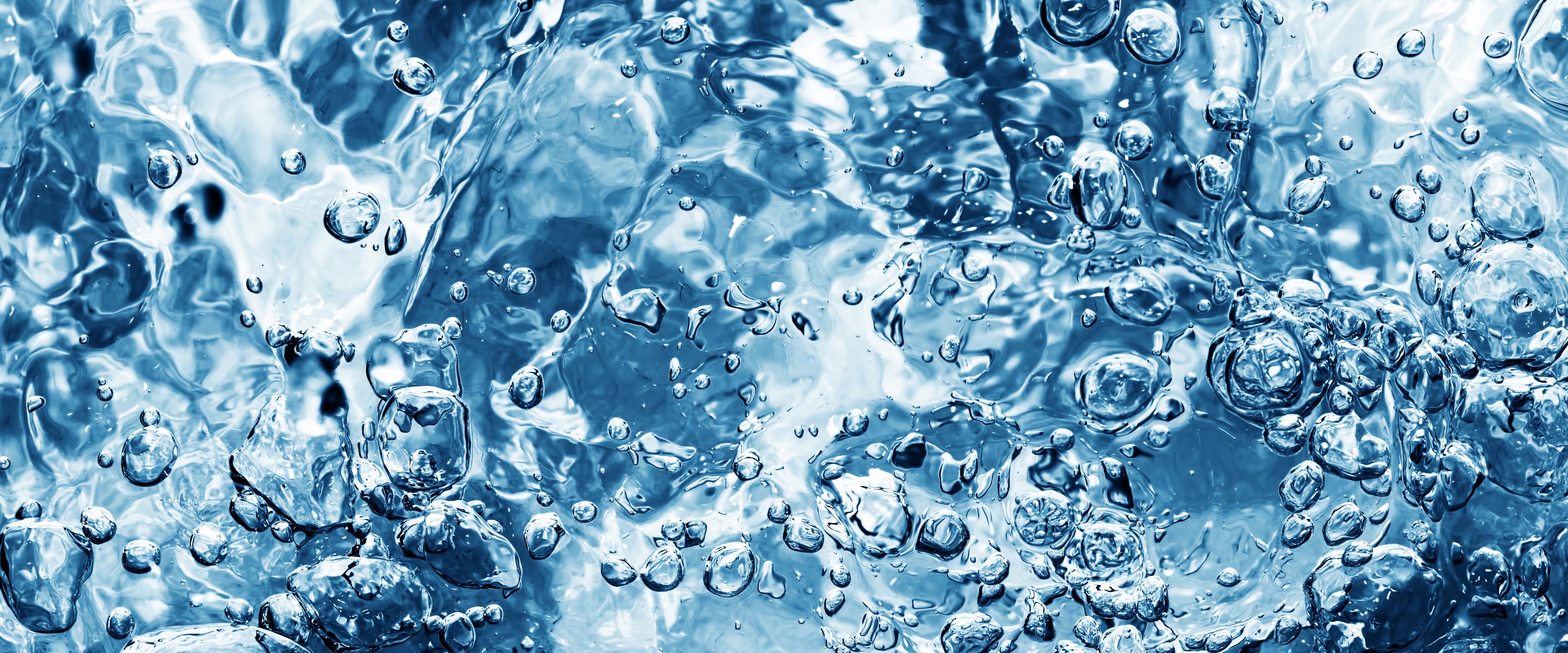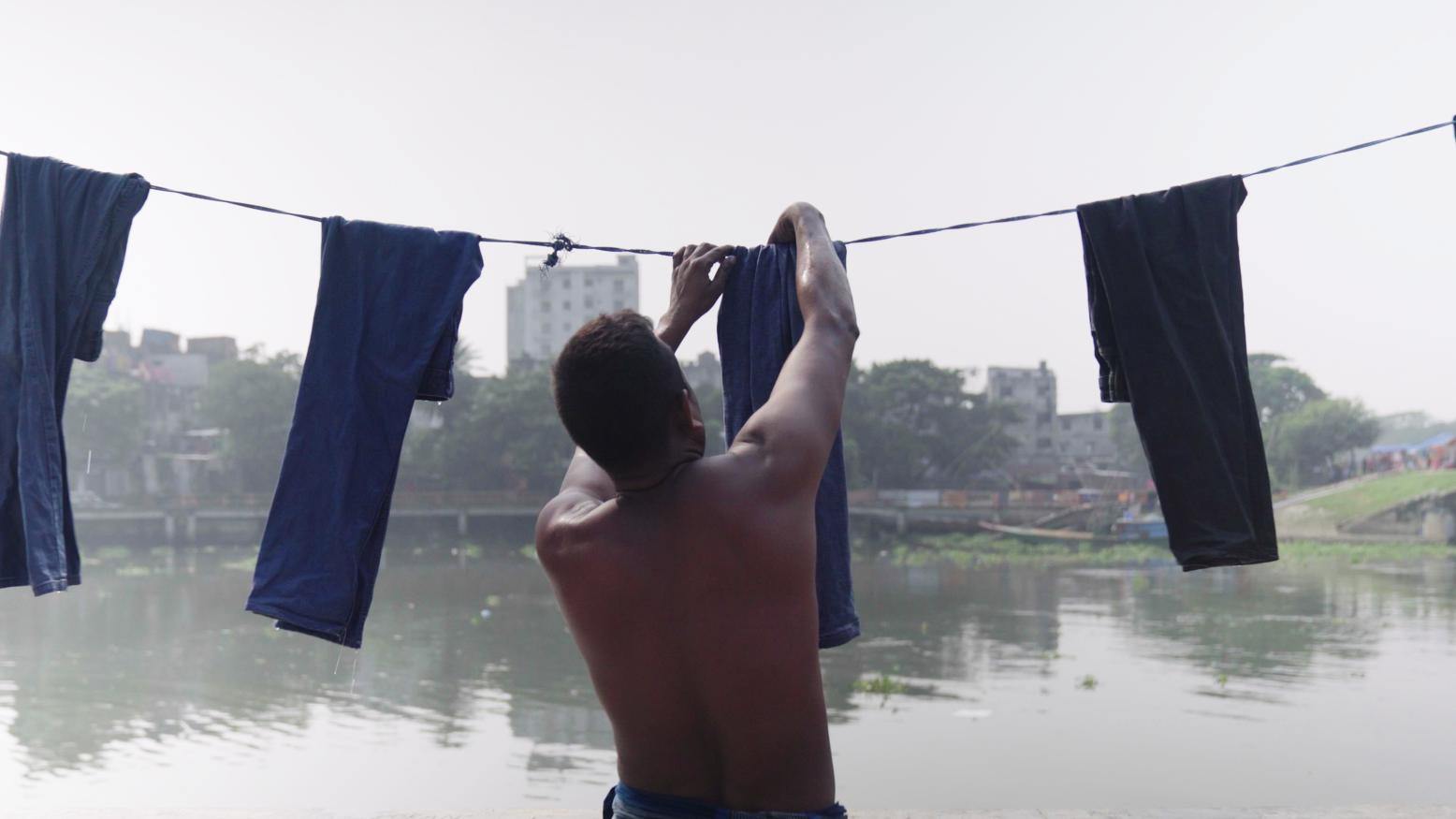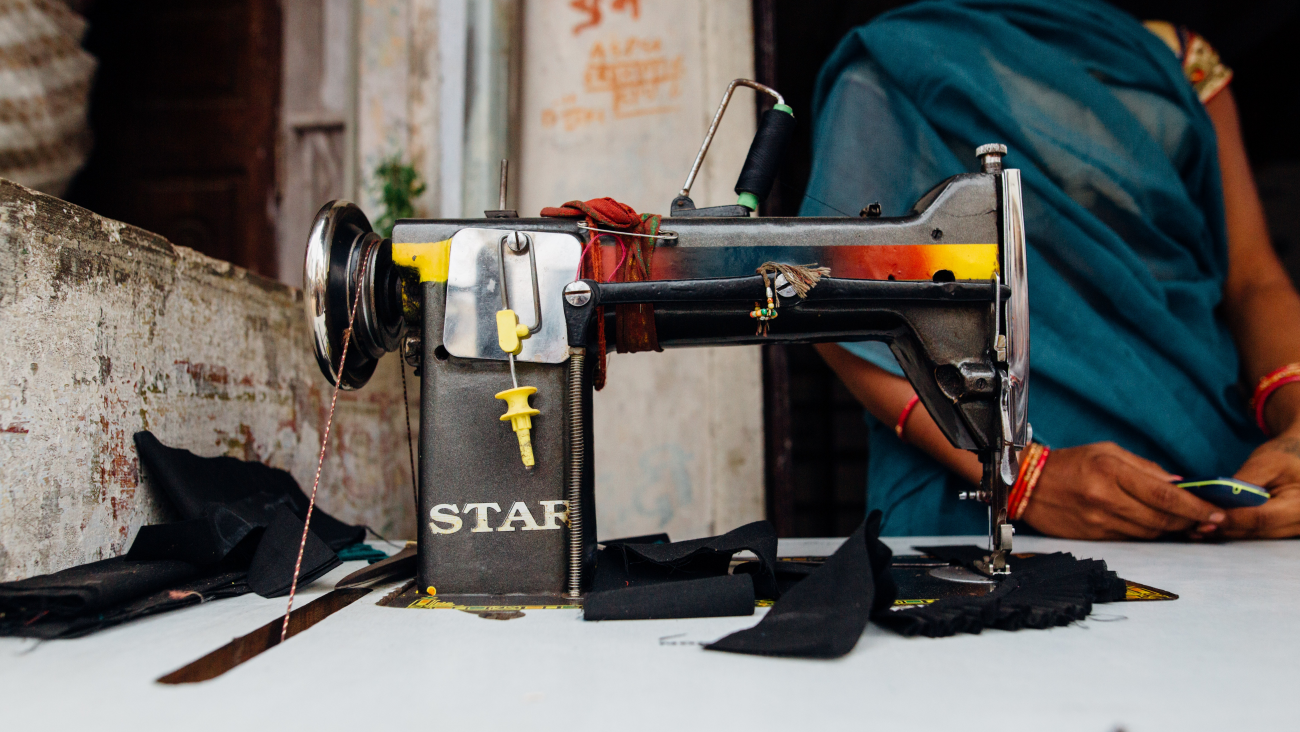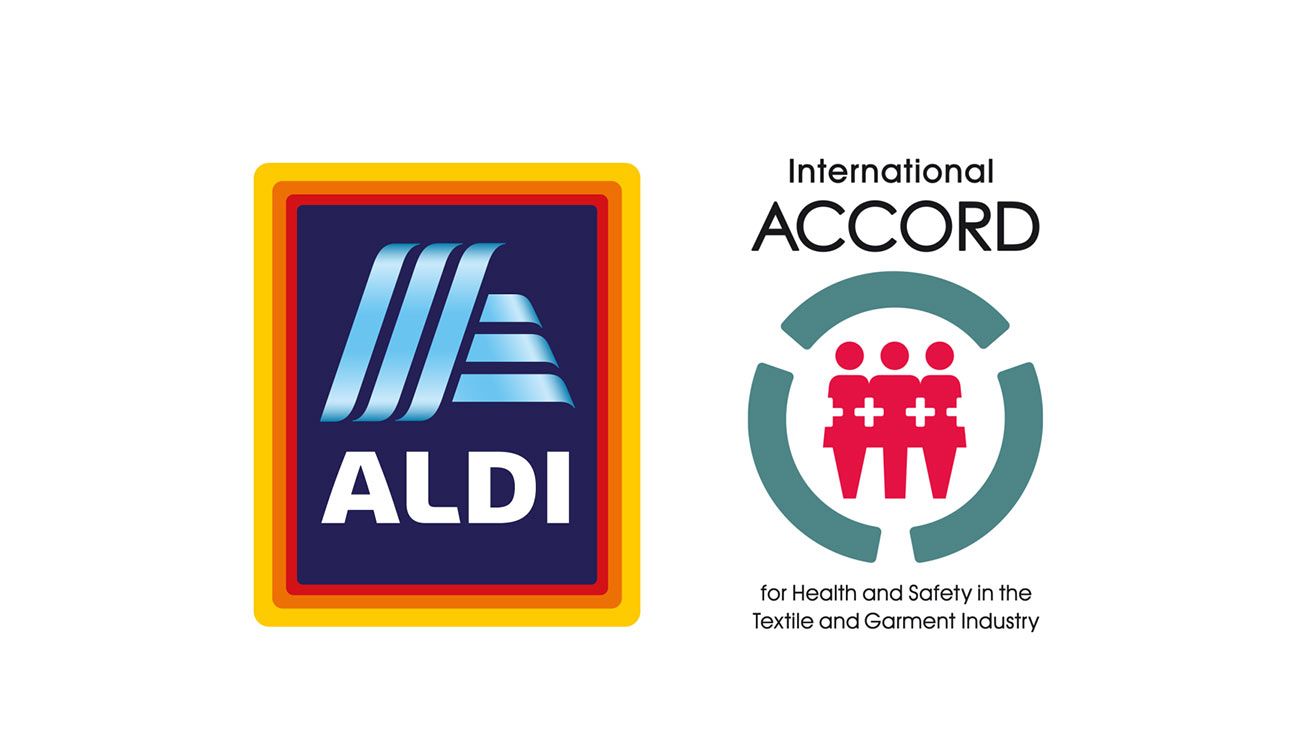

ALDI SOUTH and ALDI Nord have published their joint “ALDI Detox Report 2020”, which marks the conclusion of the ALDI Detox Commitment after five years of intense work. The report highlights their progress in areas such as chemical management and supply chain transparency, which was achieved in close collaboration with business partners and stakeholders.
In 2015, the ALDI SOUTH Group and ALDI Nord joined 80 international fashion retailers by signing up to the Greenpeace Detox Commitment, a campaign focused on eliminating hazardous chemicals from textile and shoe supply chains. The recently published “ALDI Detox Report 2020” summarises ALDI’s five-year detox journey and gives comprehensive insight into the actions taken to meet their commitment.

Major achievements: focus on six strategic areas
ALDI’s detox strategy focuses on six areas: Chemical Management, Supply Chain Management, Data Management, Training, Stakeholder Dialogue, and Systemic Change. By significantly increasing transparency, ALDI has driven improvements across all tiers in the supply chain, and fast-tracked systemic changes to reduce the environmental footprint of textiles and shoes. Major achievements include implementing a successful system to eliminate hazardous chemicals from supply chains, aligning the parameters for wastewater and sludge with industry-wide standards, and switching to more sustainable materials such as waterborne polyurethane (PU) and sustainable cotton.
ALDI is setting future goals
Building on solid achievements and a wealth of experience, ALDI is implementing further standards and increasing collaborations to achieve new goals. The key areas for 2020 and beyond are to use 100% sustainable cotton by 2025, to focus on countries and production facilities with the highest risks and to expand capacity-building programmes to help suppliers become more self-reliant. Internal and external trainings, webinars and workshop are already being implemented, such as the “Advanced Chemical Management Trainings” in Bangladesh and China.


